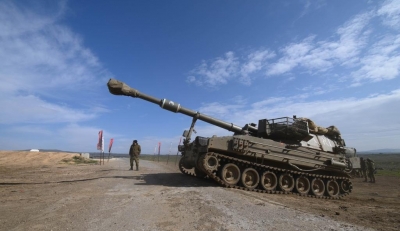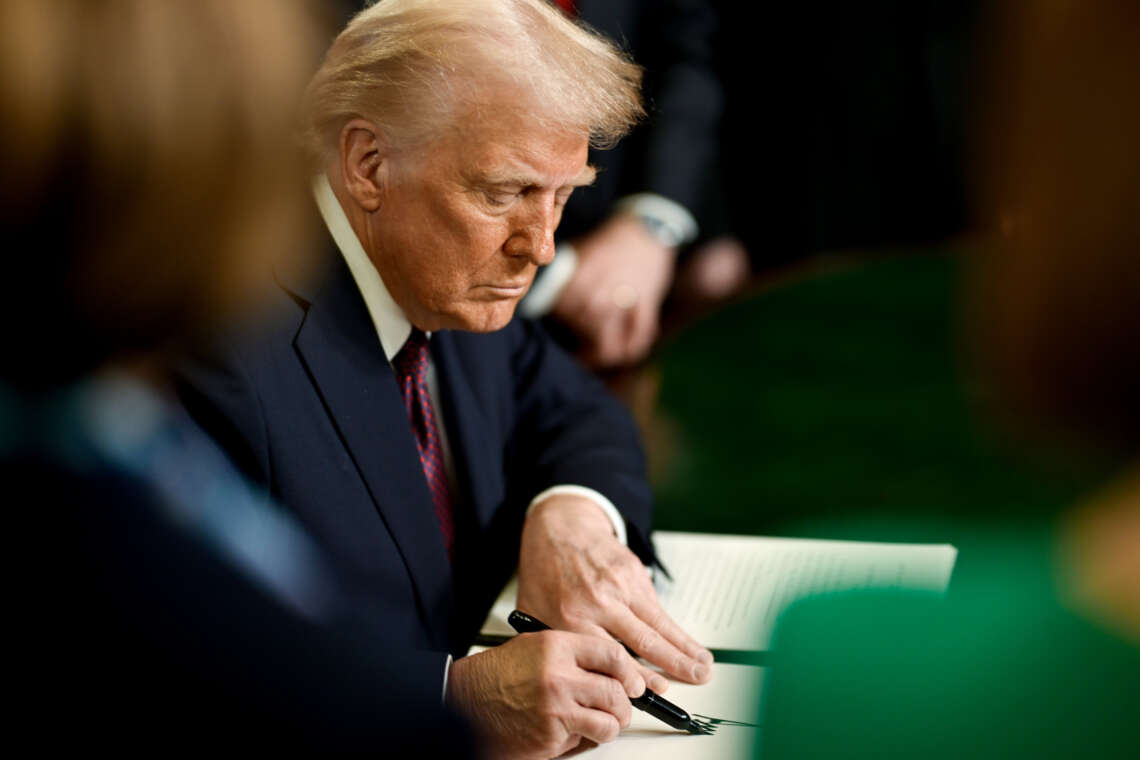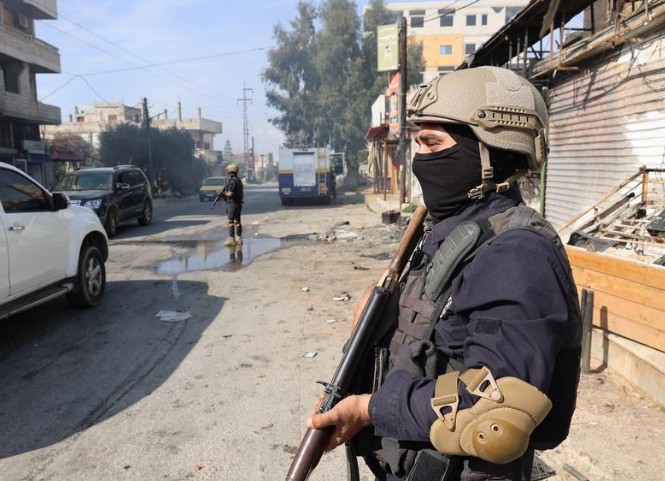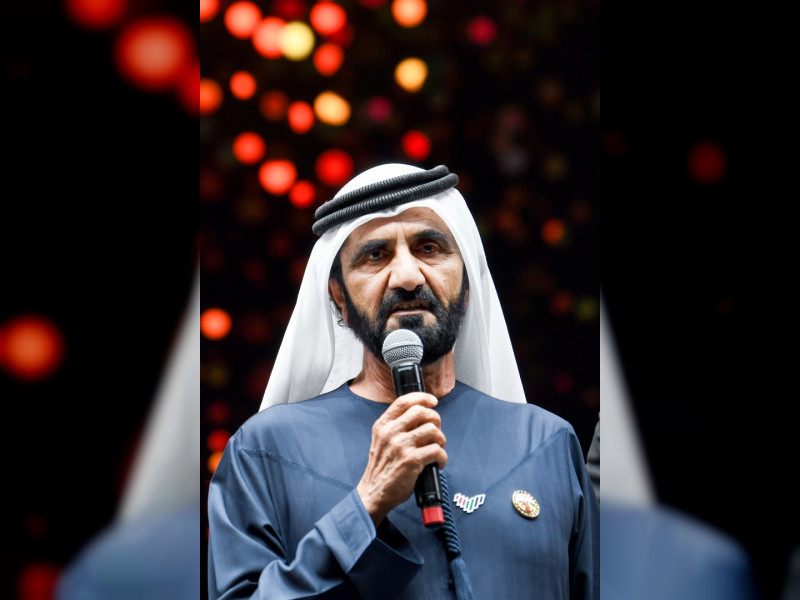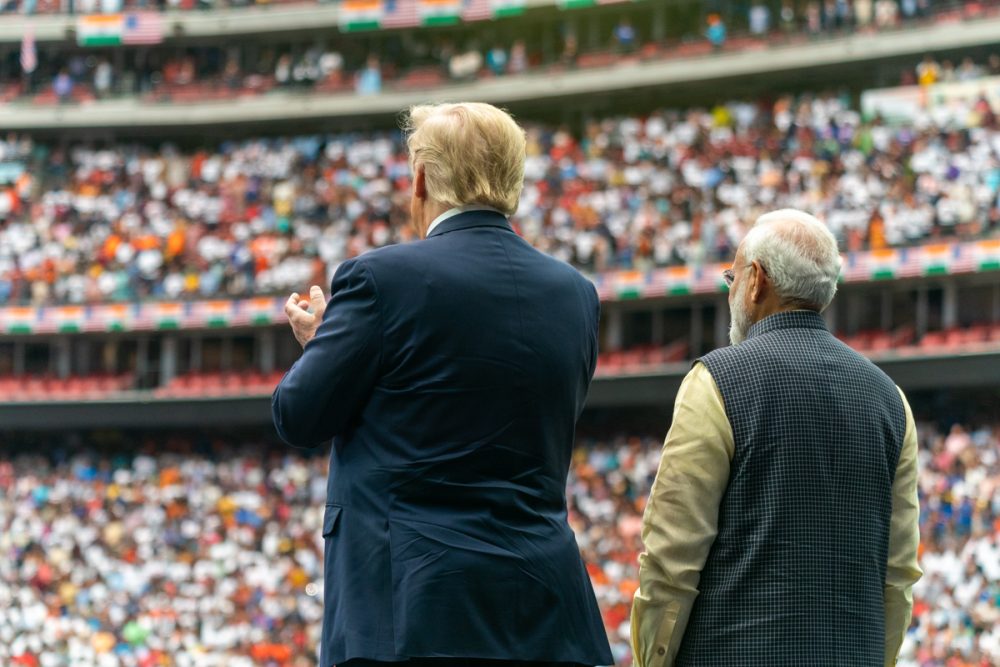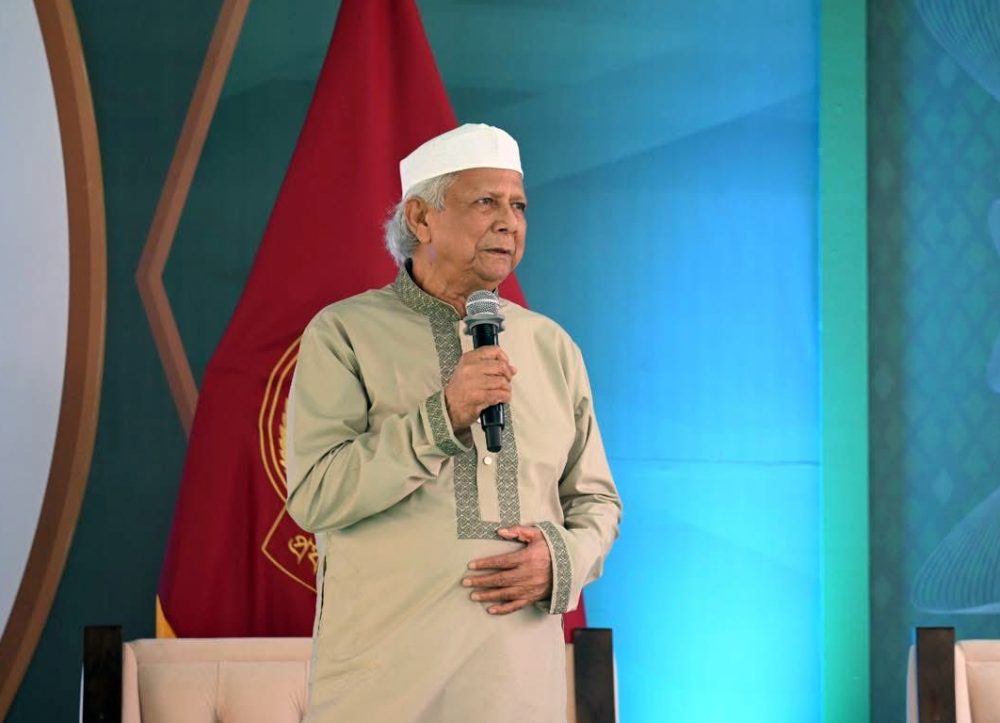The Arab nations see the decision by Israeli as a continuation of efforts to sabotage Syria’s chances of restoring its security and stability…reports Asian Lite News
Saudi Arabia, the United Arab Emirates (UAE) and Qatar condemned the Israeli government’s approval of a plan to expand settlements in the occupied Golan Heights.
The Saudi Foreign Ministry said in a statement that the decision is a continuation of efforts to sabotage Syria’s chances of restoring its security and stability, Xinhua news agency reported.
The ministry stressed the need to respect Syria’s sovereignty and territorial integrity.
The UAE warned in a statement by its Ministry of Foreign Affairs that the Israeli actions could exacerbate tensions in the region.
“The UAE categorically rejects all measures and practices aimed at altering the legal status of the occupied Golan Heights,” the statement said, stressing that expanding Israeli settlements in Golan Heights poses a direct threat to the security, stability, and sovereignty of Syria.
In a statement, Qatar’s Foreign Ministry called the decision “a new episode in a series of Israeli aggressions on Syrian territories and a blatant violation of international law.”
It called on the international community to fulfill its legal and moral responsibilities by compelling Israel to halt its aggressions on Syrian territories and adhere to international legitimacy.
The statement reiterated Qatar’s unwavering support for Syria’s sovereignty, independence, and territorial integrity.
The Israeli government approved a plan on Sunday to expand settlements in the Golan Heights, a Syrian territory currently occupied by Israel, according to a statement by Israeli Prime Minister Benjamin Netanyahu’s office.
According to the statement, the plan aims to double the Israeli population in the Golan Heights. It includes establishing a student village, a development program to integrate new residents, and initiatives to strengthen the education system and renewable energy infrastructure.
The $10.81-million plan, unanimously approved by the Cabinet, is being advanced “in light of the war and the new front with Syria,” the statement said on Sunday.
“Strengthening the Golan is strengthening the State of Israel, and it is especially important at this time,” Netanyahu said on Sunday at the start of the Cabinet meeting on the plan.
“We will continue to hold on to it (Golan Heights), make it flourish, and settle in it.”
Israel captured part of the Golan Heights during the 1967 war and annexed it, despite international condemnation. Following the downfall of former Syrian President Bashar al-Assad’s government on December 8, Israel seized the UN-monitored buffer zone, a demilitarised area established in 1974 under a ceasefire agreement between the two countries.
Israeli forces also took control of a Syrian army outpost and stationed troops on the summit of Mount Hermon on Golan.
Meanwhile, Israel increasingly launched airstrikes on Syrian army assets across the country, claiming to prevent the weapons “from falling into the hands of terrorist elements”.
Israel’s military actions have sparked condemnation from regional countries and prompted calls from the international community for respect for Syria’s sovereignty.
Since the rebels led by Hayat Tahrir al-Sham (HTS) overthrew the over two-decadeslong Bashar al-Assad regime on December 8, Israel has launched hundreds of airstrikes across Syria and carried out a land incursion that stretches past the occupied Golan Heights into a previously demilitarised buffer zone, as reported by The Washington Post.
The Israeli army swiftly took control of the abandoned army positions, and air attacks have decimated most of Syria’s military capabilities.
Syria’s de-facto new leader, Ahmed al-Sharaa, denounced what he described as Israel’s “uncalculated military adventures” on Saturday while emphasising he was more interested in state-building than opening another conflict.
“Syria’s war-weary condition, after years of conflict and war, does not allow for new confrontations. The priority at this stage is reconstruction and stability, not being drawn into disputes that could lead to further destruction,” The Washington Post quoted him as saying in an interview on Syria TV.
Meanwhile, PM Netanyahu, in a post asserted that Israel “would change” the Middle East.
“I said we would change the Middle East and this is what is happening. Syria is not the same Syria. Lebanon is not the same Lebanon. Gaza is not the same Gaza. Iran is not the same Iran,” Netanyahu said in a post on X.
ALSO READ: Indian nationals return from crisis-hit Syria
ALSO READ: Solidarity With Syrians


